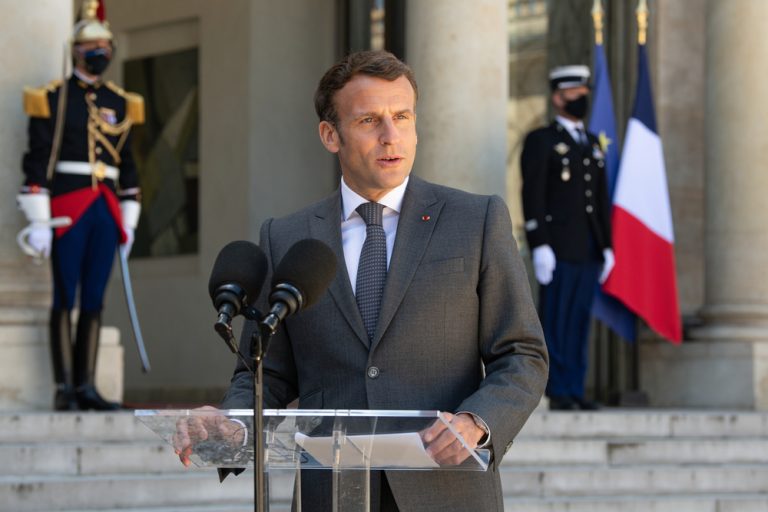French President Emmanuel Macron’s government suffered a historic defeat on Wednesday, as opposition lawmakers from both the left and far-right joined forces to topple his administration in a no-confidence vote. The collapse of Prime Minister Michel Barnier’s government, just nine weeks into its tenure, marks the first such loss in France since 1962 and leaves the country in political turmoil.
What’s Next for France?
The immediate question facing Macron is who will replace Barnier as prime minister. Barnier, a veteran negotiator and former EU Brexit envoy, was seen as a compromise figure intended to bridge the increasingly polarized French parliament, which is split among left, center, and far-right factions.
However, Macron’s options for a successor are limited. Neither the left-wing New Popular Front (NFP) nor the far-right National Rally (RN) appears willing to support any centrist candidate. With no clear path to building a coalition, Macron may have to gamble on a surprise appointment.
A Polarized Parliament
France’s deeply divided National Assembly makes it unlikely for any future government to avoid the same fate as Barnier’s. Both the left and far-right strongly oppose Macron’s proposed tax hikes and austerity measures, which were central to Barnier’s budget plan. The €60 billion ($63 billion) package of spending cuts and tax increases aimed at reducing France’s deficit to 5% by 2024 became the focal point of opposition efforts.
The left, emboldened by their success in this summer’s snap elections, has vowed to block any government that does not align with their priorities. Manuel Bompard of the far-left France Unbowed party accused Macron of ignoring democratic will, declaring, “There’s a democratic problem” if Macron again appoints a centrist as prime minister.
Far-Right Maneuvering
The far-right National Rally, led by Marine Le Pen, is also positioning itself for future gains. While not directly calling for Macron’s resignation, Le Pen has used the crisis to further erode Macron’s standing without offering tangible solutions.
Le Pen’s party played a significant role in Barnier’s downfall. After initially aligning with him to gain concessions, they demanded more, leading to Barnier’s accusation of political blackmail. This paved the way for the left-wing motion of no confidence that ultimately ousted him.
Macron’s Diminished Ambitions
Macron’s hopes for domestic policy reform now appear dashed. The opposition holds significant leverage over his government, ensuring that any proposed measures face fierce resistance. Even if Macron manages to appoint a new prime minister, the position may serve as little more than a temporary placeholder.
A Crisis of Stability
France now faces a political impasse reminiscent of the instability often associated with other European nations like Italy and Belgium. With the next presidential election in 2027 and no legislative elections possible until next summer, deadlock seems inevitable.
For Macron, who sought stability by calling snap elections earlier this year, the current chaos represents a significant blow. As he grapples with finding a path forward, the road ahead for France’s politics looks increasingly rocky.


